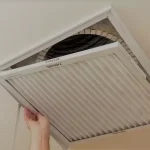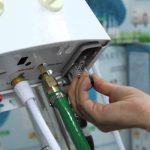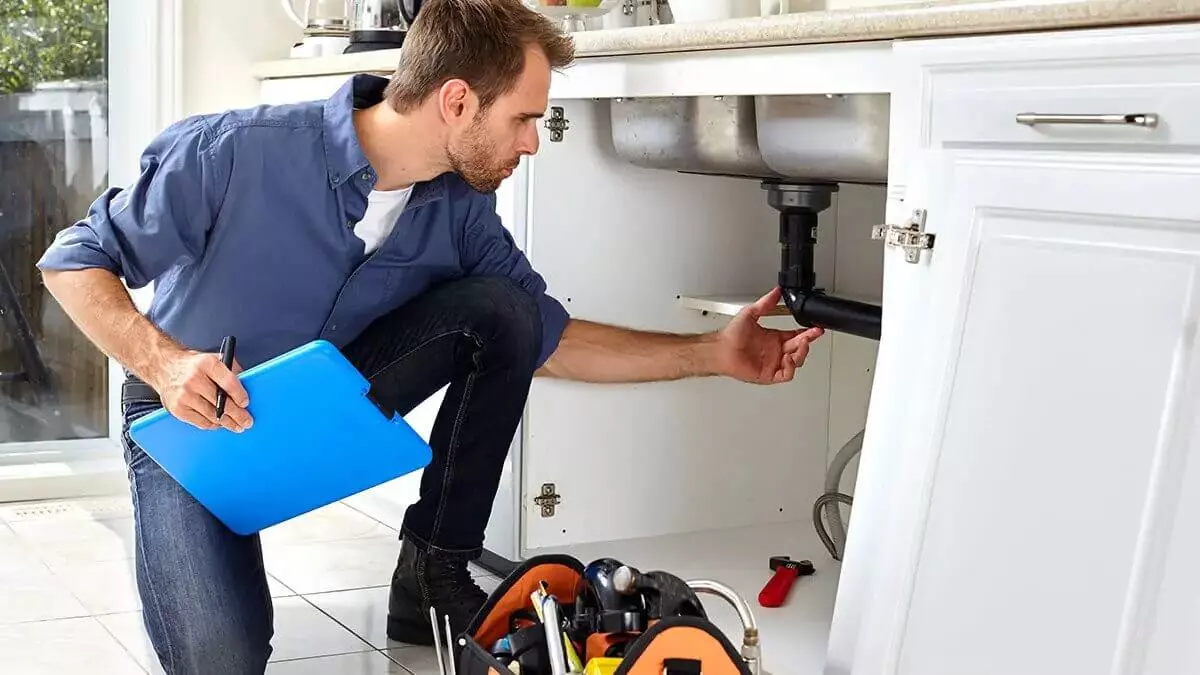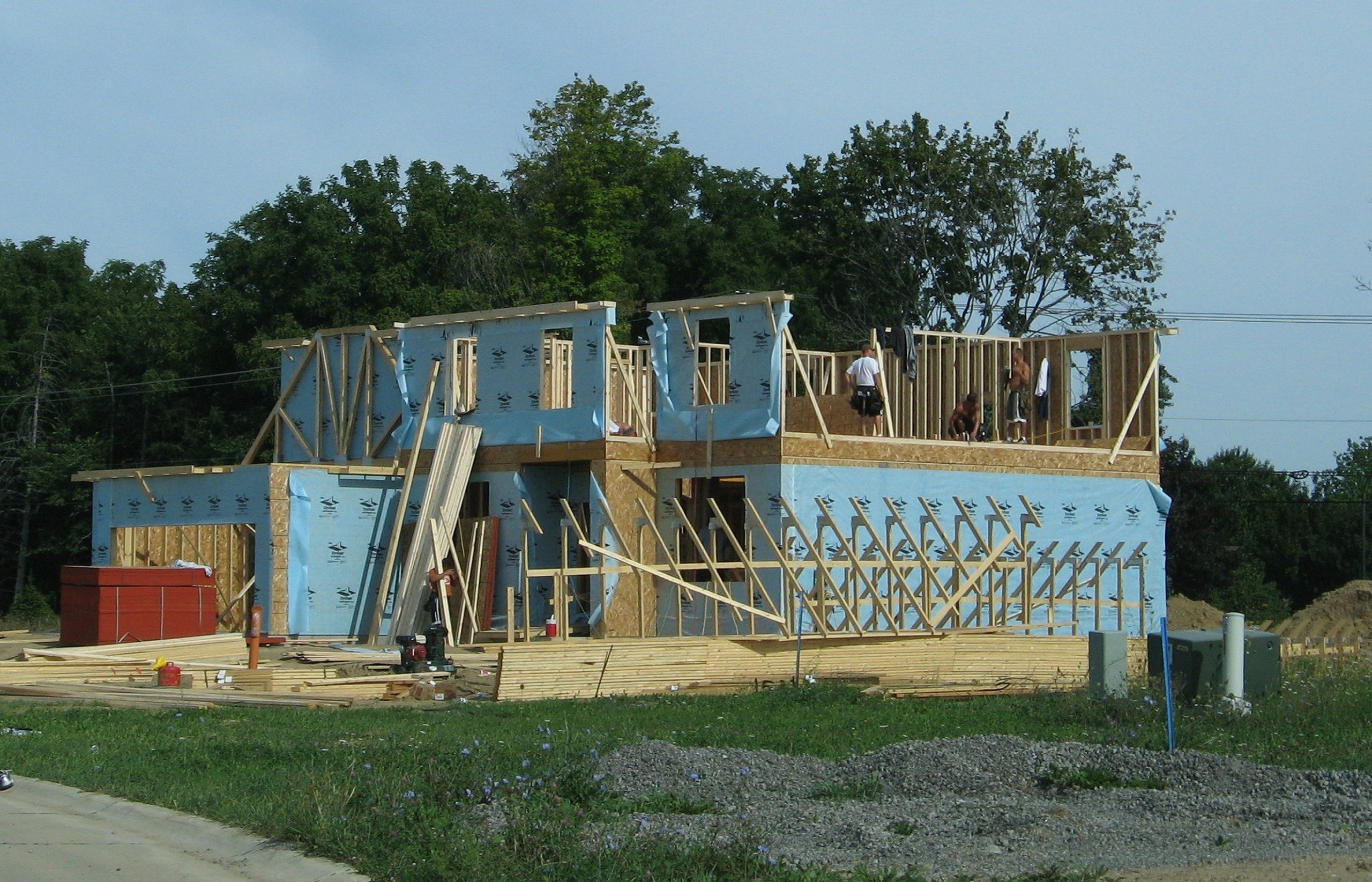Your home’s heating, ventilation, and air conditioning (HVAC) system works hard all year long to keep you comfortable. But like any machine, it needs regular maintenance to run efficiently. Neglecting your HVAC system can lead to higher energy bills, unexpected breakdowns, and costly repairs down the road. The good news is that with some preventative care, you can extend the life of your HVAC system and save money on energy costs.
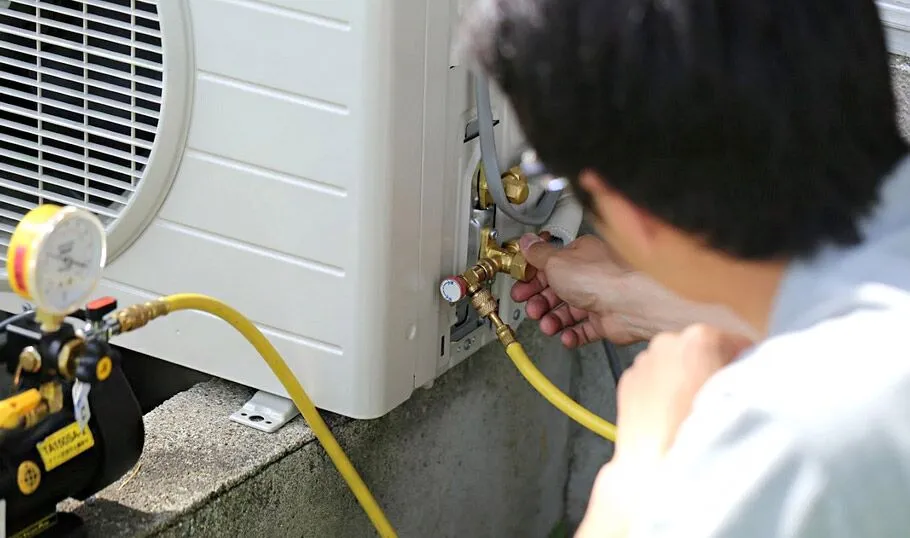
Content
Schedule Annual Tune-Ups
It’s a good idea to have your HVAC system professionally tuned up once a year before the start of each heating and cooling season. During a tune-up, a technician from an HVAC answering service will inspect, clean, and test your system to identify any issues. They’ll check refrigerant levels, lubricate moving parts, and replace filters to maximize airflow and efficiency. Catching small problems early can prevent major repairs later on. Annual tune-ups also allow technicians to monitor your system for signs of wear so you’re not surprised by a breakdown.
Replace Filters Regularly
Dirty filters block airflow and make your HVAC system work much harder than necessary. As a rule of thumb, change your furnace or air handler filters every 1-3 months during peak usage seasons. For homes with pets or lots of dust and allergens, monthly filter changes may be needed. Investing in higher quality filters can also improve indoor air quality and reduce energy costs in the long run. Consider calling a furnace repair answering service if your filters seem excessively dirty between scheduled changes.
Inspect Ductwork and Vents
Over time, ductwork can develop leaks that allow conditioned air to escape without circulating through your home. Have a technician inspect your ducts and seal any tears or gaps they find with mastic sealant. Sealing duct leaks prevents conditioned air from escaping into unheated or uncooled areas like attics, basements or crawl spaces. This keeps your system from running overtime to compensate for lost airflow. Clean or replace filters covering supply and return vents throughout your home as needed too.
Check Thermostat Settings
Your thermostat controls how hard your HVAC system works to maintain the set temperature. Make sure it’s properly calibrated and the batteries are fresh. Also check that your heating and cooling set points are optimized for energy efficiency. In the winter, set your thermostat to 68°F or lower when home, and higher when away to save on heating costs. In the summer, set it to 78°F or higher when home, and higher when away to reduce air conditioning bills. Programmable or smart thermostats make it easy to automatically adjust temperatures based on your schedule.
Monitor Performance and Noise Levels
Pay attention to how well your HVAC system is performing over time. Notice if it’s taking longer than usual to reach the set temperature or if noise levels have increased. Strange smells, vibration, or visible leaks could indicate an underlying problem. Don’t ignore these warning signs, as they could be early indicators of equipment failure. Contact an air conditioning answering service right away if you notice any unusual operation or performance changes in your HVAC system. Catching small issues before they worsen can save a lot of money and hassle down the road.
Consider Upgrades for Older Systems
If your HVAC system is more than 15 years old, it may be nearing the end of its useful life. Older, less efficient equipment wastes a significant amount of energy. Have a technician inspect your system and discuss potential upgrades that qualify for energy efficiency rebates or tax credits. Replacing an old furnace or air conditioner with a high-efficiency ENERGY STAR model could save up to 33% annually on heating and cooling costs. Financing options may also be available to help offset the upfront costs of replacement equipment.
Regular maintenance and tune-ups are key to keeping your HVAC system running reliably and efficiently all year long. Don’t let maintenance fall by the wayside – the small investment of routine care pays off in lower utility bills and fewer expensive breakdowns down the road. With some preventative care, your HVAC equipment can provide many more comfortable years of service.
In conclusion, making HVAC maintenance a priority helps extend the life of your system while saving substantial costs on energy bills and repairs. Contact a local HVAC answering service to schedule annual tune-ups and inspections to catch small issues before they become expensive problems. The money and energy you save will more than pay for the maintenance over time. A well-cared for HVAC system provides comfort, efficiency and reliability for many years to come.

My name is Author Name. I post about home improvement ideas and how to make your home look beautiful and liveable. I hope my posts will help you with your DIY projects!

